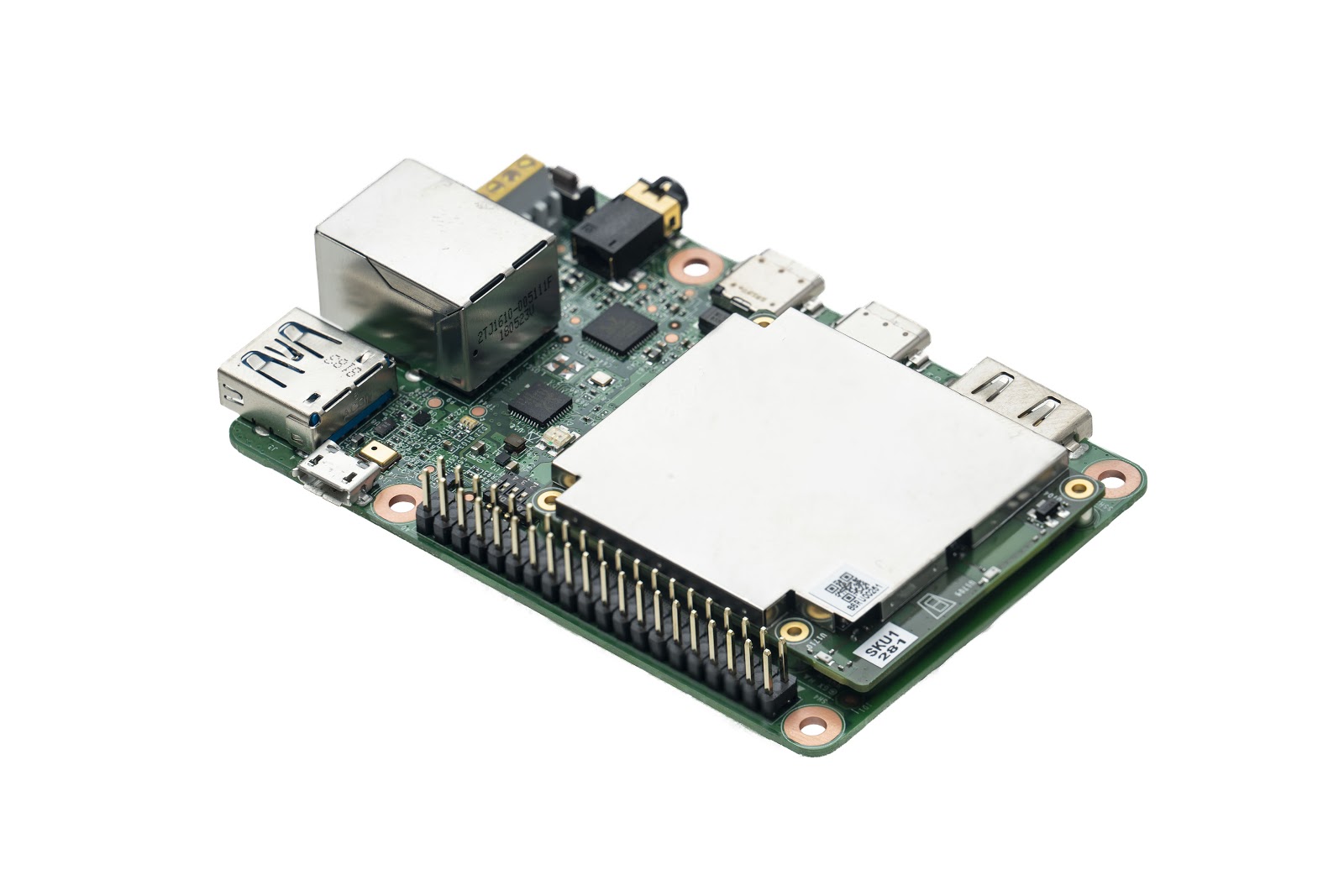Posted by Vikram Tank (Product Manager), Coral Team

Coral has been public for about a month now, and we’ve heard some great feedback about our products. As we evolve the Coral platform, we’re making our products easier to use and exposing more powerful tools for building devices with on-device AI.
Today, we're updating the Edge TPU model compiler to remove the restrictions around specific architectures, allowing you to submit any model architecture that you want. This greatly increases the variety of models that you can run on the Coral platform. Just be sure to review the TensorFlow ops supported on Edge TPU and model design requirements to take full advantage of the Edge TPU at runtime.
We're also releasing a new version of Mendel OS (3.0 Chef) for the Dev Board with a new board management tool called Mendel Development Tool (MDT).
To help with the developer workflow, our new C++ API works with the TensorFlow Lite C++ API so you can execute inferences on an Edge TPU. In addition, both the Python and C++ APIs now allow you to run multiple models in parallel, using multiple Edge TPU devices.
In addition to these updates, we’re adding new capabilities to Coral with the release of the Environmental Sensor Board. It’s an accessory board for the Coral Dev Platform (and Raspberry Pi) that brings sensor input to your models. It has integrated light, temperature, humidity, and barometric sensors, and the ability to add more sensors via it's four Grove connectors. The secure element on-board also allows for easy communication with the Google Cloud IOT Core.
The team has also been working with partners to help them evaluate whether Coral is the right fit for their products. We’re excited that Oivi has chosen us to be the base platform of their new handheld AI-camera. This product will help prevent blindness among diabetes patients by providing early, automated detection of diabetic retinopathy. Anders Eikenes, CEO of Oivi, says “Oivi is dedicated towards providing patient-centric eye care for everyone - including emerging markets. We were honoured to be selected by Google to participate in their Coral alpha program, and are looking forward to our continued cooperation. The Coral platform gives us the ability to run our screening ML models inside a handheld device; greatly expanding the access and ease of diabetic retinopathy screening.”
Finally, we’re expanding our distributor network to make it easier to get Coral boards into your hands around the world. This month, Seeed and NXP will begin to sell Coral products, in addition to Mouser.
We're excited to keep evolving the Coral platform, please keep sending us feedback at [email protected].
You can see the full release notes on Coral site.



